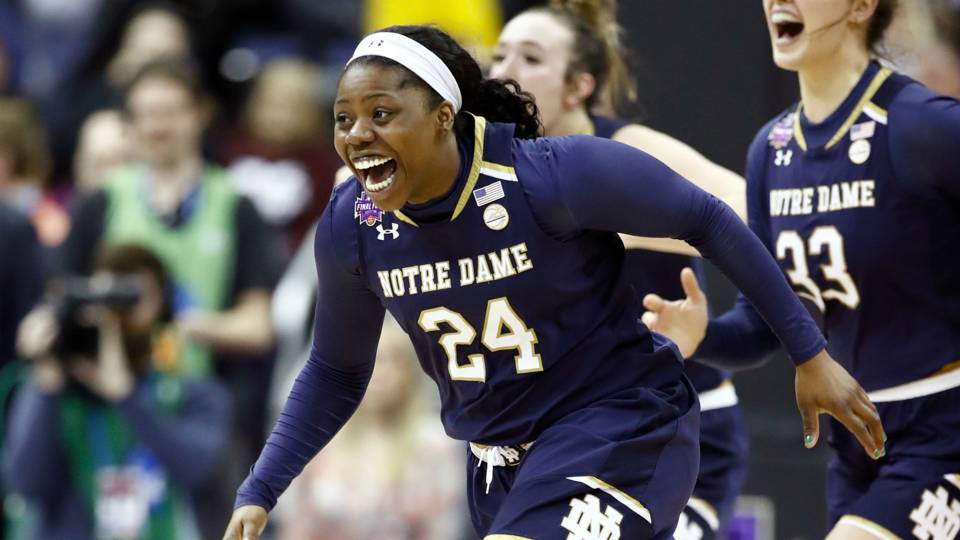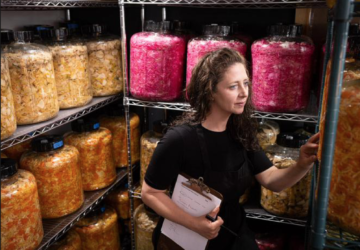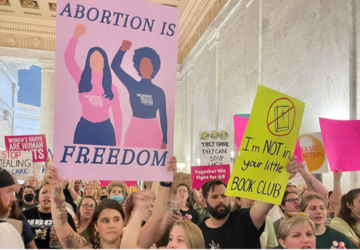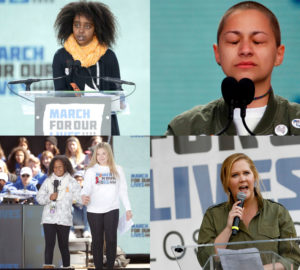
The Most Powerful Women in International Sports 2018
By Charlotte Price
Forbes Magazine came out with the first list of The Most Powerful Women in International Sports rather than men. The diverse women on this list play many different roles in sports but all are striving for one goal, and that is for women to be seen equally in regards to sports. The women on this list range from athletes who are demanding the pay gap between men and women to finally close, to managers of multinational sports organizations. The four metrics that were used to compile this list, author Glass says, was “money (personal earnings or company revenue through sport), media presence, spheres of influence, and social impact on sport”. The 25 women on this list range from ages 24 to 63 and come from 19 countries on six continents.
The first spot is given to Fatma Samba Diouf Samoura, who is the first female Secretary General of FIFA, the international soccer organization body, that is in charge of the world’s biggest sport and the World Cup, which is an international soccer competition contested by senior men’s national teams. Samoura is the second most powerful person in world of soccer behind the FIFA president, Gianni Infantino. Samoura runs the commercial and operational sides of FIFA, and said that her appointment in 2016 “was a very strong signal that FIFA, a male-dominated organization, was opening itself to more diversity”.
The next two women are also in soccer, making the top three most powerful women in sports all soccer related. Lydia Nsekera of Burundi and Florence Hardouin of France take places two and three. Lydia Nsekera became the first woman elected to the FIFA Executive Committee in 2013 and is also on the International Olympic Committee as well. Nsekera is a “leading voice for creating policies that promote and protect gender equality in sport around the world”, Glass writes. Florence Hardouin is the first woman to be elected as a member of the executive committee of UEFA, which is a European soccer governing body. She is the lone French voice on the committee and is among a select group that governs 55 member countries and creates agendas for the upcoming success in European soccer’s future.

Women’s Final Four March Madness
By Charlotte Price
Although March is known for being the beginning of Spring, it is also the intense month including the NCAA Division 1 Men’s and Women’s Basketball single-elimination tournament, mainly known as March Madness. Every March the tournament consists of 68 teams and the teams go through many rounds as they progress through their games. The rounds that are mainly known and referred to are the Sweet Sixteen, Elite Eight, Final Four, and then there is the National Championship. Last year, the South Carolina Gamecocks won the championship, but lost to UCONN in the Elite Eight this year.
This year, Notre Dame and Mississippi State faced off in the National Championship. Notre Dame walked away with the win over MS State, 61-58, after a huge comeback with a buzzer beater by Notre Dame’s star, Arike Ogunbowale. MS State’s Teaira McCowan, a 6’7″ powerhouse, scored 18 points and had 17 rebounds, but missed a lay-up with 27 seconds left and then continued to foul out, letting Notre Dame take up the opportunity to win it. Ogunbowale did the same thing to beat UCONN in the Final Four. To get to the championship, Notre Dame beat UCONN 91-89 and MS State beat Louisville 73-63 in the Final Four. To watch the highlights from the championship game, click here.








